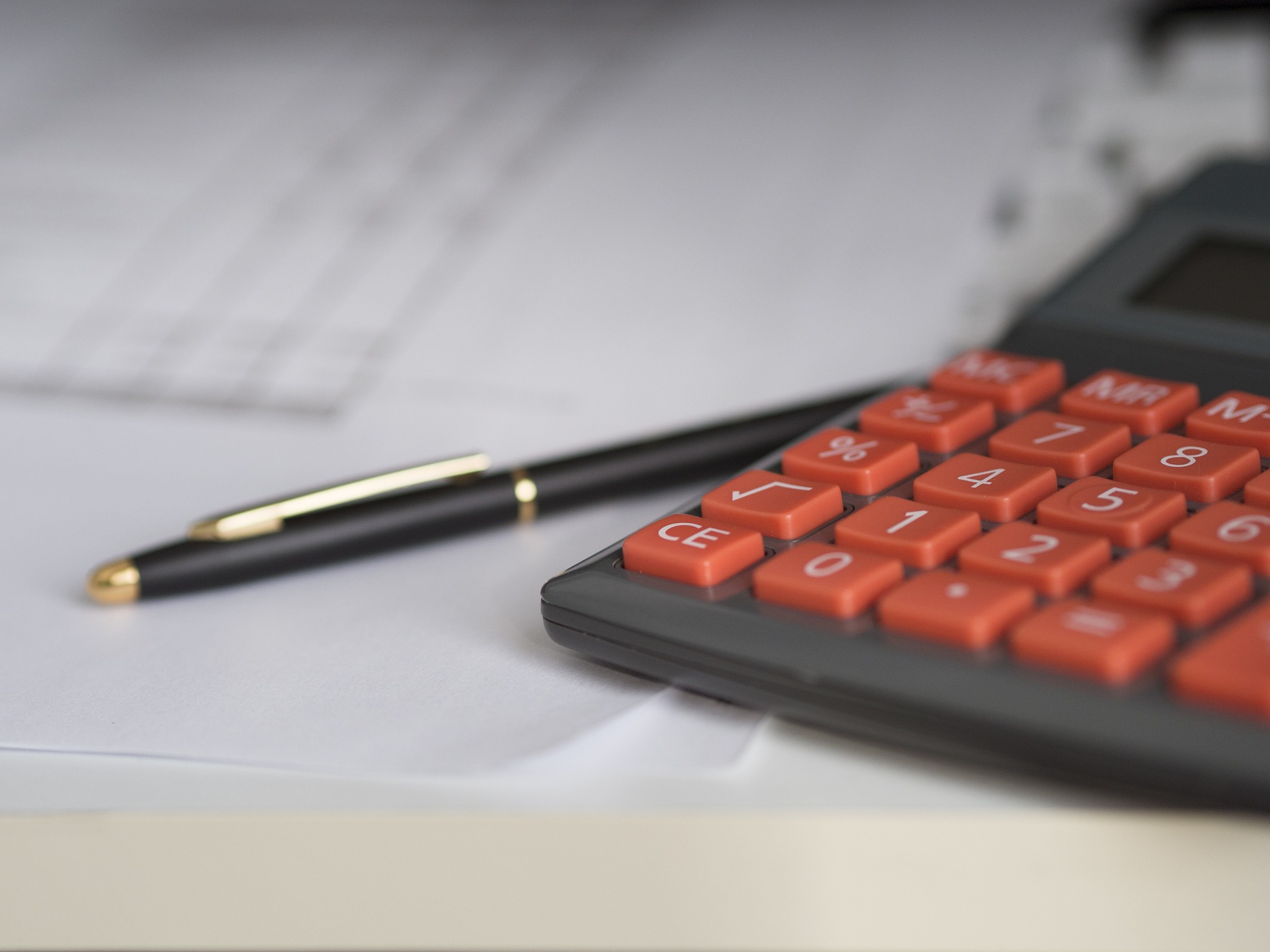
30 Aug Understanding the Estate: Liabilities and Debts
In 2019, nearly 15% of the average Canadian’s household income went to pay off debts.[1] Some of that is considered good debt, such as a mortgage, but the rest of that debt includes so-called bad debt, such as vehicle leases or credit card debt.
Every estate has some liabilities and debts, even if it’s just that last credit card bill. No one passes away at a magical moment in time when all the loose ends happen to be tied up. Part of settling the estate involves discovering the liabilities, resolving them appropriately and paying off the debts.
Identify the liabilities
Often the beneficiaries or other interested parties will want to charge certain expenses to the estate. But there are only three categories of legitimate liabilities:
- Debts or liabilities due at the time of death, such as outstanding bills or unpaid income tax;
- Expenses incurred against the estate, such as funeral expenses, appraisal fees or insurance premiums; and
- Claims that can be made against the estate by a spouse or dependent, such as claims for alimony or a claim due on an outstanding contract.
As with tracking down the assets, tracking down the liabilities can take some time. The executor must be thorough and methodical, checking bank records and credit card statements, mail, personal papers, income tax assessment notices, online accounts and even people who regularly came into contact with the deceased. Executors often choose to advertise for creditors, especially if the deceased lived and worked across several jurisdictions.
It’s a good idea to include the liabilities on the complete list of assets. This simplifies the estate and helps you to determine the value of the estate.
Deal appropriately with claims
Some liabilities will be easy to deal with, while others will be more complicated. In the case of a credit card statement or other unpaid bill, the executor simply confirms there’s nothing unusual about the amounts or the charges and pays the bills.
Reasonable expenses incurred against the estate should also be simple to resolve. Charges that came about because the executor sought to safeguard the assets or turn them into cash should be paid because they act in the interest of the deceased. Hiring an expert should make things smoother, not more complicated.
Claims against the estate, on the other hand, may be more complicated to resolve. However, the job is simply to review the claim to ensure it is legitimate and the amount is fair and reasonable.
Settle Debts
A final step in this stage is actually settling the debts. The executor should already have the authority to access funds from the appropriate accounts and should use that money to make the payments.
As part of protecting the assets of the estate, it’s a good idea to pay off any debts that are accruing interest first. Any claims against the estate should be carefully considered, especially in terms of the limitations of time or lack of evidence. There is no need to blindly pay claims without careful consideration. In some cases, the executor may need to formally dispute a claim in order to avoid paying it
.
During this critical stage of collecting assets and liabilities, the most important task is to maintain proper records of all estate financial transactions. This protects the executor as well as the estate itself.
To learn more about the role of the executor, contact us.
[1] https://www.creditcanada.com/blog/average-canadian-household-debt-statistics


Sorry, the comment form is closed at this time.